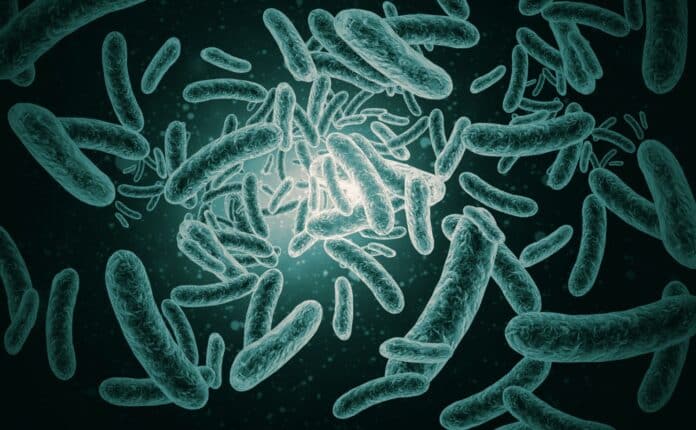The keto diet, not just for weight loss, helps control seizures in kids with epilepsy. A UCLA study shows it changes the gut bacteria in the digestive tract, protecting mice from seizures. According to Gregory Lum, the study’s lead author, learning how this works may lead to new treatments without some diet drawbacks.
The keto diet isn’t a top choice for treating seizures due to its strict rules and side effects like nausea and fatigue. To help those not responding to regular medications, researcher Gregory Lum explored how the diet changes the gut bacteria, aiming to find better ways to treat refractory epilepsy.
Hsiao’s lab found fewer seizures in mice on a keto diet. Lum extended this, studying gut changes in kids with epilepsy on the diet. He transplanted fecal samples from 10 patients into mice to see if the diet’s gut effects protected against seizures. Samples were taken before and after one month on the keto diet.
Mice getting fecal transplants from keto-diet patients were more seizure-resistant. In kids, the keto diet changed gut functions related to fatty acids and amino acids, which stayed when transplanted into mice. This study offers hope for new microbiome-based therapies for pediatric epilepsy patients not responding to regular medications.
Lum said, “Narrowing down the functions of the microbes that are beneficial toward seizure protection can potentially lead to new ways to enhance the ketogenic diet’s efficacy or mimic its beneficial effects.”
In conclusion, the study provides valuable insights into the protective effect of the ketogenic diet against epileptic seizures. The alterations in the gut microbiome, particularly the changes in fatty acid oxidation and amino acid metabolism, hold promise for developing new microbiome-based therapies.
Journal reference:
- Gregory R. Lum, Sung Min Ha, et al., Ketogenic diet therapy for pediatric epilepsy is associated with alterations in the human gut microbiome that confer seizure resistance in mice. Cell Reports. DOI: 10.1016/j.celrep.2023.113521.
